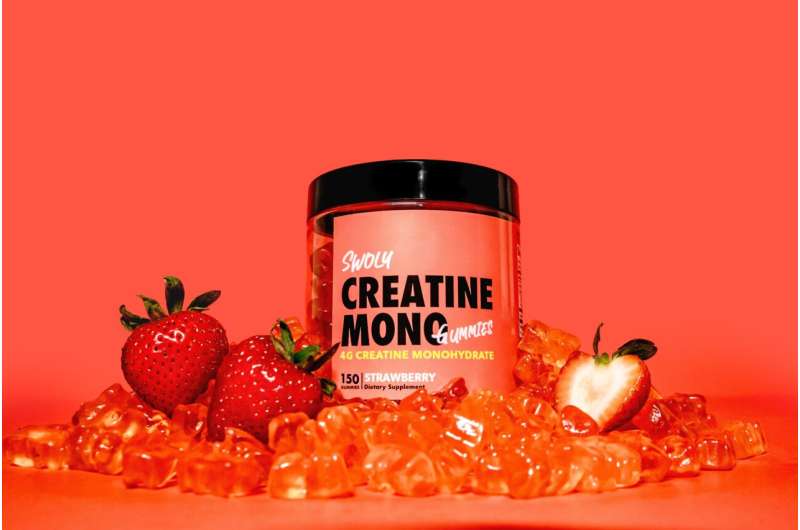Research Confirms: Creatine is Safe, Effective, and Beneficial for All Ages

Recent research confirms that creatine is a safe, effective supplement with numerous health benefits for all age groups, supporting athletic performance, muscle health, and cognitive function.
Creatine, a supplement well-known among athletes for enhancing strength and power, is gaining recognition for its extensive health benefits beyond athletic performance. According to Dr. Richard Kreider, a professor at Texas A&M University and director of the Exercise & Sport Nutrition Lab, creatine is a naturally occurring compound stored in muscles, where it forms creatine phosphate for cellular energy production.
Dr. Kreider emphasizes that during physical stress such as exercise or certain disease states, creatine phosphate is crucial for maintaining energy within cells, offering protective and health-promoting effects in addition to boosting workout performance. The amount of creatine our bodies produce daily is approximately one gram, but most individuals need two to four grams daily to meet health and activity demands. Since dietary sources like meat and fish provide only about a gram per pound of red meat or fish such as salmon, many people fall short of sufficient creatine intake, particularly vegetarians and vegans.
Athletes aiming for performance enhancement typically supplement with around 5 grams four times a day for a week to load muscle energy stores, aiding high-intensity exercises, recovery, and cognitive functions. After this loading phase, maintaining adequate creatine levels generally involves daily intake of 5 to 10 grams. Importantly, creatine's benefits extend throughout life; it can assist older adults in combating muscle loss and cognitive decline, and support adolescents experiencing slower growth and increased body fat due to low dietary creatine.
A comprehensive review published in the Journal of the International Society of Sports Nutrition, examining 685 clinical trials, shows that creatine supplementation is safe with minimal side effects, comparable to placebo. Common concerns like bloating or cramping are unfounded, with studies indicating creatine may actually help prevent muscle cramps by aiding fluid retention.
Despite its proven safety and efficacy, creatine has been misunderstood and misrepresented for years. Experts like Dr. Kreider advocate for its unrestricted access, emphasizing that there is no scientific evidence supporting adverse effects. Creatine is crucial not only for athletes but for everyone seeking to maintain health and vitality as they age.
source: https://medicalxpress.com/news/2025-06-creatine-safe-effective-important.html
Stay Updated with Mia's Feed
Get the latest health & wellness insights delivered straight to your inbox.
Related Articles
New Biomarker May Improve Early Detection of Cardiovascular Disease in Kidney Patients
A groundbreaking study suggests that the blood marker SDMA may be a more effective early indicator of cardiovascular issues in chronic kidney disease patients than the traditionally used ADMA, promising earlier detection and intervention.
Innovative Off-the-Shelf Immunotherapy Shows Promise for Metastatic Kidney Cancer
UCLA researchers have developed a revolutionary off-the-shelf immunotherapy using engineered immune cells to target and treat metastatic kidney cancer, offering hope for more effective and accessible treatments.
Study Reveals One-Third of Hospital Infections Involve Antimicrobial Resistance
A new study shows that around one-third of hospital infections involve resistant bacteria, increasing patient mortality risk and highlighting the urgent need for improved surveillance and intervention measures worldwide.
Low FODMAP Diet Shows Promise in Improving Leaky Gut for IBS Patients
A groundbreaking study demonstrates that a low FODMAP diet can improve gut barrier function and reduce inflammation in IBS-D patients, addressing the underlying causes of leaky gut and associated symptoms.



